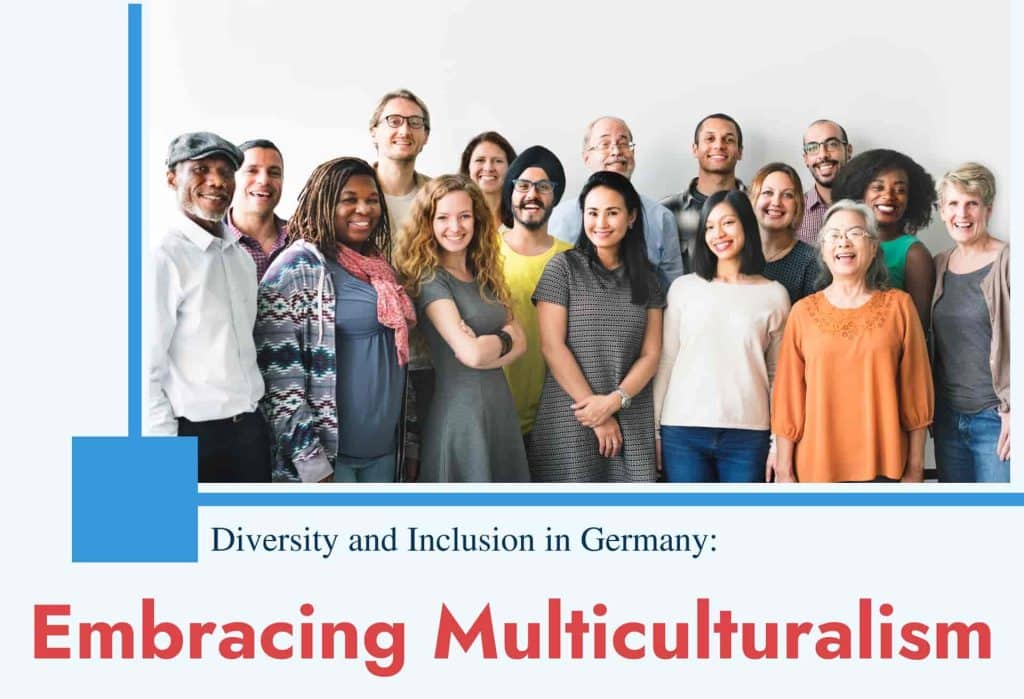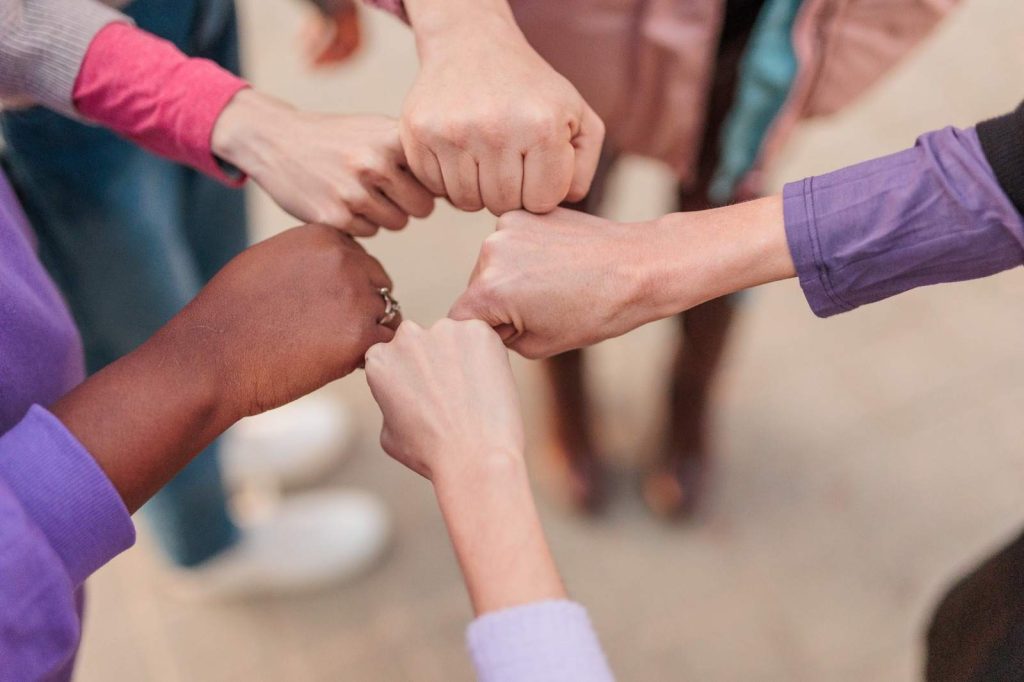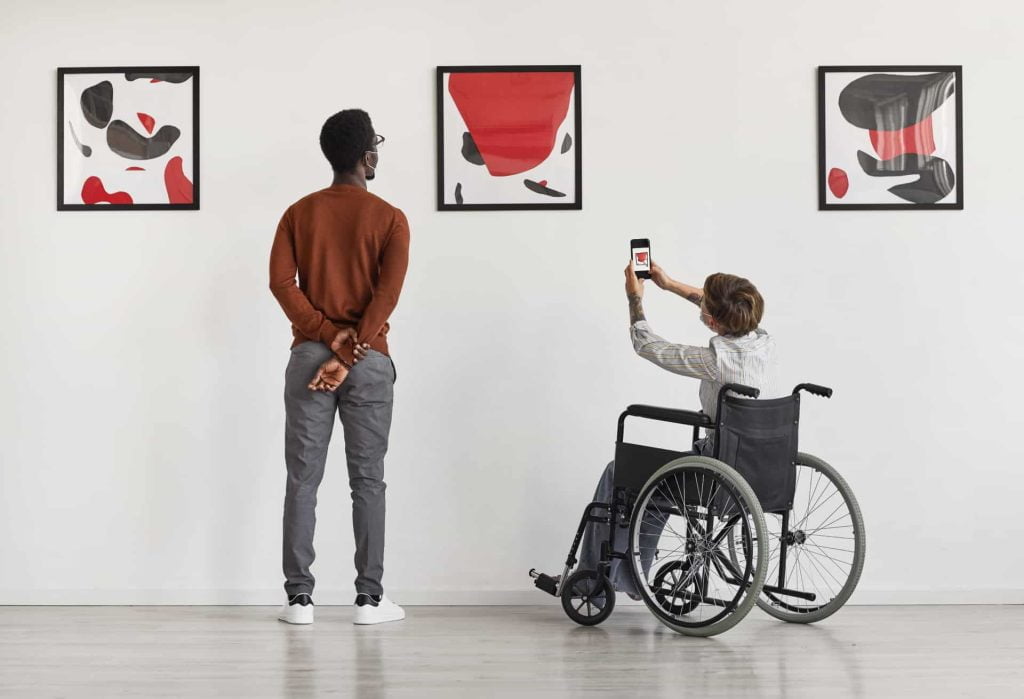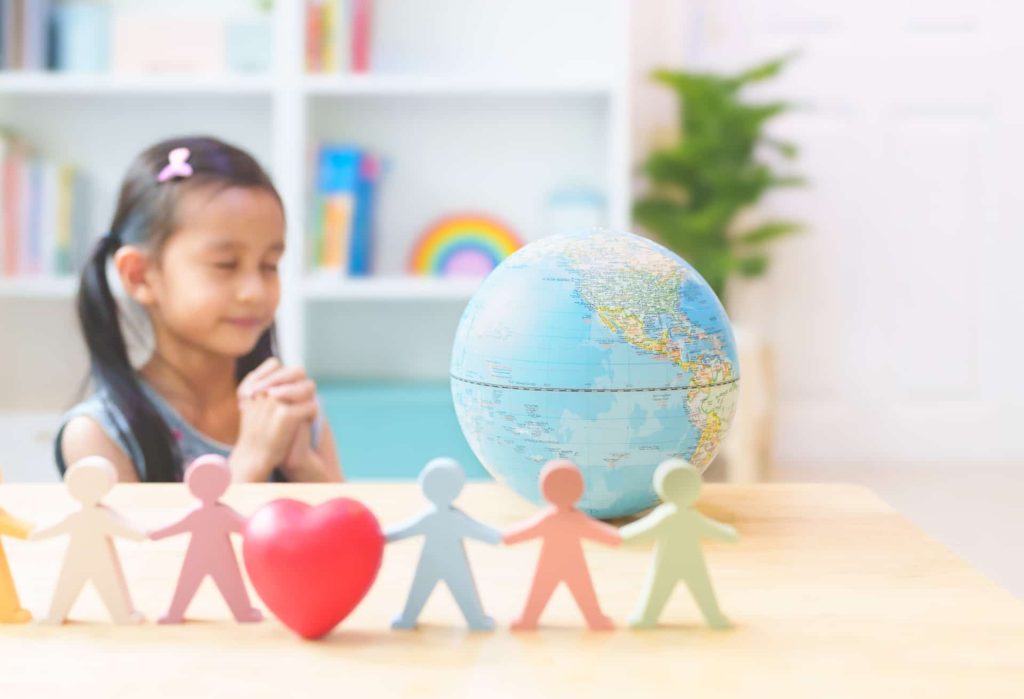
*Based on an interview with an anonymous German immigrant from Turkey, living with her family and kids in Munich.
As I strolled through the bustling streets of Kreuzberg, a Berlin neighborhood known for its vibrancy, the air was a mosaic of scents and sounds that transported me across the world. This is when I organically thought of the word “multiculturalism” for the first time. A passing fancy as I passed by döner kebab stands, vibrant murals celebrating Turkish and Arabic cultures, and groups of friends chattering in a medley of languages.
This was not the monochromatic Germany of old, but a kaleidoscope of cultures, each adding its unique hue to the nation’s identity. My own story, woven from threads of German and Turkish heritage, is a testament to this beautiful complexity.
The sense of belonging I felt in Germany was beyond my own understanding, but somehow I felt right at home.
How My Multiculturalism Journey in Germany Started?
The ghosts of the past and the vibrant spirit of the present dance together in Germany’s streets, where the echoes of history whisper among the laughter of a diverse future.
My family’s roots in this country are entwined with the arrival of the “Gastarbeiter,” the guest workers who came in waves during the 1960s to rejuvenate a war-torn Germany. My grandparents, part of the Turkish contingent, came seeking temporary work and found a lifetime.
I grew up on stories of my grandfather’s first day on German soil, an anecdote that he would recount with a mix of pride and humor.
Clad in his only suit, not a word of German at his disposal, he had mistaken a bidet for a peculiarly low sink—an innocent error, but one that underscored the immense cultural leap he had made. Their stay, intended to last only a few years, stretched into decades, and their foreign accents became the soundtrack of my father’s and then my own childhood. That’s sometimes how multiculturalism is interpreted.
Also read: 7 Best German Language Schools in Berlin

The Journey from Gastarbeiter to Citizens: An Analysis of Multiculturalism
The journey from there to here, from guest workers to citizens, has been steeped in a bittersweet mix of acceptance and resistance. I remember the undercurrent of xenophobia that sometimes pierced through my childhood like cold draughts seeping through the cracks of an old house.
Yet, alongside it, there were moments of genuine connection, friendships with German neighbors who shared stories of their own families’ past hardships, showing me that the fabric of this nation was a patchwork made stronger by its varied threads.
Germany, over the years, has learned to reckon with its reflection in the mirror of multiculturalism. The cultural awkwardness my grandfather once felt has given way to a society that now seeks to embrace the mosaic of its identity. Our personal anecdotes of integration have become part of a larger German narrative, one where inclusion is increasingly embedded into the very core of societal values.
Also look out for: Excited About the Art and Culture in Germany? A Awe-Inspiring Journey for the City’s Creatives
What Does Multiculturalism and Diversity Mean to Me Now in Germany?
My daily journey through the streets of Germany is like leafing through an encyclopedia of cultures. Each morning, the scent of freshly baked Turkish bread from the neighborhood bakery mingles with the aroma of Italian espresso from the café next door, creating a culinary sonnet that sings the praises of diversity.
I’ve grown up with a palate that knows no borders, where the “Bratwurst” meets “Baklava,” and where every meal is a testament to the delicious benefits of cultural fusion.
In the classroom, the diversity of my upbringing was mirrored in the faces of my classmates. Our school was a miniature United Nations, a place where learning went beyond textbooks. Language lessons were practical experiences, not just through German and English, but through the snippets of Arabic, Russian, and Italian exchanged during breaks.
In hindsight, cultural festivals had became our favorite pedagogical tools, with Dragon Boat Festivals and Diwali illuminating the educational landscape as much as Christmas and Easter. But back then, as kids, all cultures had meld into one huge globalisation pot and we were just dipping our fingers into it.
We I watched as teachers adapted, their methods evolving from rigid instruction to inclusive discussions that embraced each student’s background, transforming the curriculum into a rich tapestry that acknowledged every thread.
But nowhere is the vibrancy of our diversity more evident than in the arts, media, and entertainment. I remember the thrill of seeing a play at the Deutsches Theater, where the cast was as diverse as the audience, stories from distant lands woven into the familiar fabric of German theatre.
On television, the faces that tell our news stories and the voices that narrate our favorite shows now reflect the diversity of the society we live in. The music charts are a fusion of genres, where traditional German Volksmusik shares space with hip-hop beats and the soulful melodies of immigrant ballads.
While inclusive practices of multiculturalism allows you to feel part of a community, your foundations only truly begin, once you find a home there. Find affordable flats, shared living spaces and studio apartments for rent on Urban Ground and make Germany truly your home.

Challenges to Multiculturalism and How They Are Being Addressed
Despite the vibrant tapestry of cultures that is modern Germany, we cannot turn a blind eye to the challenges that shadow our strides towards full inclusion. Economic disparity, cultural integration, and political representation still raise barriers that many, including myself, strive to break down every day.
Economic disparity, particularly, has a sting that can divide communities. Immigrant families, including mine, often started at the bottom rung of the economic ladder. Watching my parents navigate the complex web of social mobility instilled in me a deep understanding of the need for equal opportunities. The divide is visible, from the boardrooms of major corporations to the small businesses struggling to thrive in the suburbs.
Cultural integration is another persistent hurdle. As much as I relished the mingling of diverse traditions, there was always an undercurrent of resistance to full assimilation. And in the political arena, the representation of diverse voices is still an uphill battle, with the halls of power often reflecting a narrow segment of society.
But these challenges did not only spell out a list of problems—they spurred me into action. I became involved with local initiatives and support groups that work tirelessly to bridge these divides:
- Volunteering at a job training center that offers language courses and professional skills workshops to immigrants, helping to level the playing field.
- Participating in dialogue forums that promote cultural exchange and understanding, fostering an environment where diversity of thought is a stepping stone rather than a stumbling block.
- Collaborating with advocacy groups to amplify the political voices and concerns of underrepresented communities, pushing for policy changes that reflect our diverse society.
You might be interested in: Freelancing in Germany: What All Should You Know to Start Off

My Reflections on Germany’s Multicultural Path Forward
In the heart of this multicultural Germany, my own story—one of laughter in a mixed-language playground, meals at a table where the world meets, and advocacy in the face of adversity—reflects the larger narrative of a nation in transformation.
The journey has been personal and shared, marked by both challenges and triumphs. It’s in the streets I walk and the people I meet that I see the true colors of inclusion painting a brighter future.
As I continue to play my part in this evolving tapestry, I am reminded that our collective efforts in embracing diversity are what will truly define Germany’s legacy.




